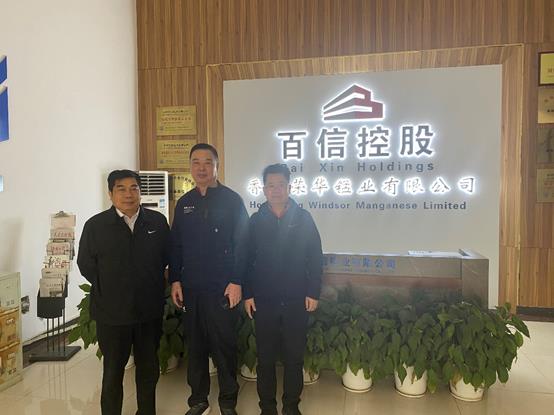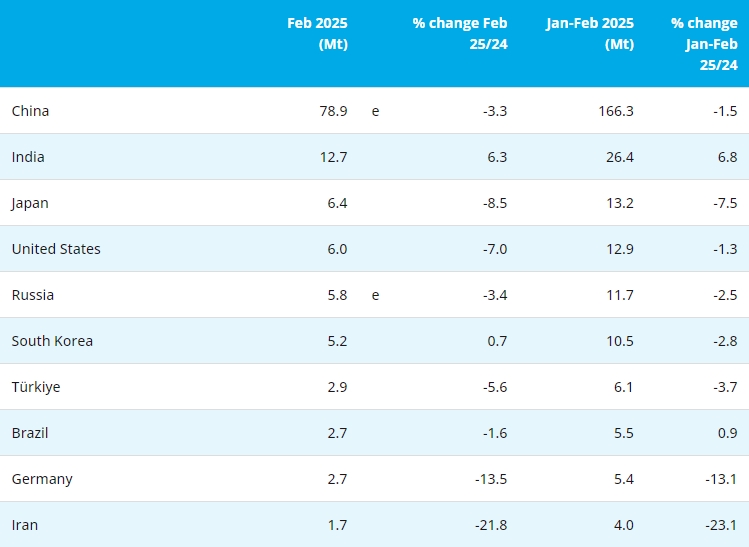[Ferro-Alloys.com] Japan’s Nippon Steel reiterated its plans to raise the crude steel production capacity of its ArcelorMittal Nippon Steel India (AM/NS India) joint venture as well as to establish an integrated steel mill in Asia, the steelmaker said as part of its global expansion plans.
Under consideration are plans to expand the capacity of AM/NS India, which includes “the construction of a second steel mill,” Eiji Hashimoto, representative director and president of Nippon Steel, said, as well as either buying or taking a taking a stake in a steel mill in Asia, particularly in ASEAN.
Recently in Southeast Asia, India’s Tata Steel sold its 100% stake in NatSteel Holdings to TopTip Holding, a Singapore-based steel and iron ore trading company for $ 172 million. Tata Steel also plans to sell Tata Steel Thailand, which is the largest domestic producer of long steel products with 1.7 million tonnes per year (mtpa) capacity.
On April 1, 2022, Nippon Steel plans to merge its two Thai subsidiaries, NS-Siam United Steel and Siam Tinplate (STP) to consolidate the manufacturing and sale of cold-rolled and hot-dip galvanized steel sheets. The merged company will have production capacities of 1 mtpa of CR steel, 360,000 mtpa of hot-dip galvanized steel, 140,000 mtpa of tinplate and 120,000 mtpa of tin-free steel.
Nippon Steel’s expansion is in line with its restructuring plans that are expected to be completed by March 2026 which include reducing the number of blast furnaces in Japan to 10 from 15. The reduction will lower its domestic crude steel production capacity by 10 million mt/year or about 20 per cent of its overall output.
The output expansion includes doubling the production capacity of AM/NS India to 14 mtpa while a new 1.5 mtpa electric arc furnace at its AM/NS Calvert venture in Alabama is due to be started up over the first half of 2023. While expanding its crude steel output, the Japanese steelmaker reiterated its goal to be carbon-neutral by 2050, with plans to cut its carbon dioxide emissions down to 70 mtpa by 2030 from 91 million tonnes in 2019.
- [Editor:tianyawei]



 Save
Save Print
Print Daily News
Daily News Research
Research Magazine
Magazine Company Database
Company Database Customized Database
Customized Database Conferences
Conferences Advertisement
Advertisement Trade
Trade














 Online inquiry
Online inquiry Contact
Contact

Tell Us What You Think